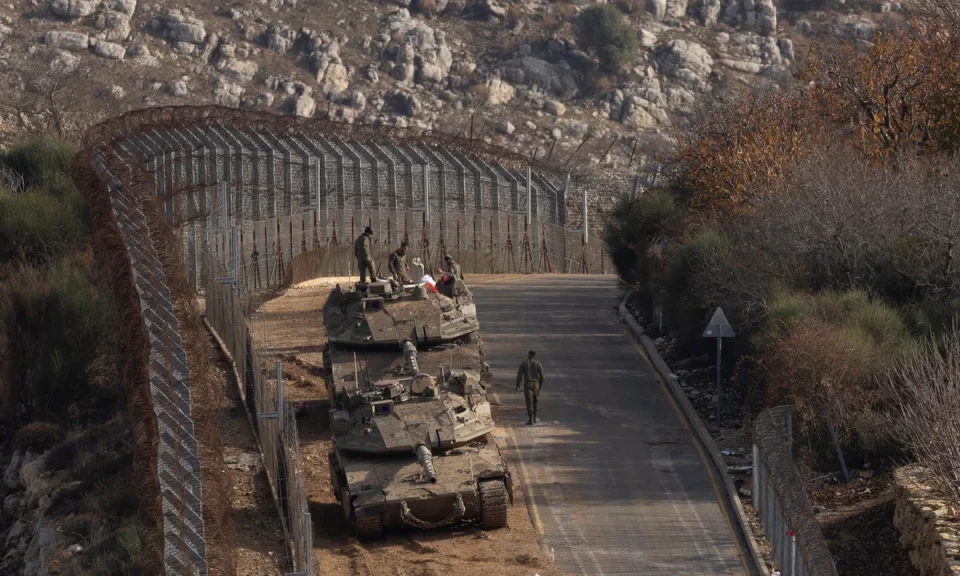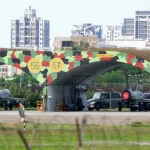Israeli warplanes have conducted extensive airstrikes across Syria, including targets in the capital, Damascus, following the reported collapse of President Bashar al-Assad’s regime amidst a surge in rebel activity.
The UK-based Syrian Observatory for Human Rights (SOHR) reported over 100 strikes on military installations, which included a research center suspected of being involved in chemical weapon production. The Israeli military stated that its actions are aimed at preventing weapons from falling into the hands of extremists after the overthrow of Assad.
On Sunday, the military command for the Islamist group Hayat Tahrir al-Sham (HTS) claimed to have driven Assad from power, declaring, “We declare the city of Damascus free of the tyrant Bashar al-Assad.” This announcement followed reports that rebel forces had taken control of several key cities, including Hama.
The Russian Foreign Ministry confirmed that Assad had chosen to leave his presidential position and depart from the country, instructing a peaceful transfer of power. While the specifics of Assad’s location remain undisclosed, the power shift raises critical questions about Syria’s future governance.
As the military situation deteriorated, the Syrian army faced considerable losses, leading to a rapid withdrawal from many positions. Eyewitness accounts and social media videos indicated that Syrian forces abandoned their posts as rebels advanced, with some areas showing signs of significant unrest.
The Israeli military has previously leveraged airstrikes to counter perceived threats from Iran and Hezbollah in Syria. Recent strikes have intensified since the escalation of conflict in Gaza, aimed at targets associated with these groups. Just last month, military operations reportedly destroyed a weapons depot near Palmyra, resulting in the deaths of 68 militants.
Amid these developments, foreign policy dynamics are shifting, with ongoing scrutiny of how the Syrian conflict might evolve in the absence of a strong Assad regime. Israel has reiterated its commitment to protect its borders, emphasizing the need for readiness amid ongoing regional instability.
As the chaos unfolds, the ramifications of Assad’s downfall and the actions of rebel groups like HTS create an unpredictable landscape, raising concerns about the future of Syria and the wider geopolitical implications for the region.
Credit: BBC News




